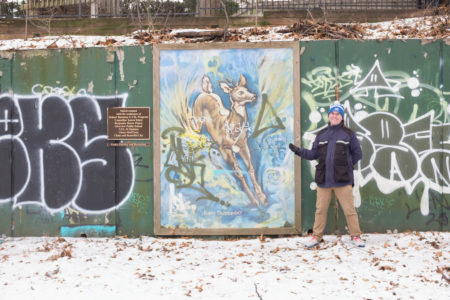As the University of Toronto’s willingness to let me extend and finish my PhD became more and more strained and conditional I set aside a large number of projects and tasks to focus on getting the dissertation done and defended in 2022.
Some of my books in progress relate closely to my PhD research. I have read most but not all of Britt Wray’s Generation Dread, which accompanies Connie Burk and Laura van Dernoot Lipsky’s Trauma Stewardship as a recent text on the psychological burden of environmental destruction and activism. I am reading George Hoberg’s The Resistance Dilemma: Place-Based Movements and the Climate Crisis and William K. Carroll’s Regime of Obstruction: How Corporate Power Blocks Energy Democracy. On broadening the coalition demanding climate action, I need to finish Katharine Hayhoe’s Saving Us. On system justification theory and the just world fallacy, I am reading John Jost’s Theory of System Justification and Left and Right: The Psychological Significance of a Political Distinction. On the psychology of contemporary politics I am also reading Pankaj Mishra’s Age of Anger: A History of the Present.
To help force myself through the final stages of writing up, I nearly finished William Germano’s On Revision: The Only Writing That Counts.
On energy I am still working through Robert Jaffe and Washington Taylor’s The Physics of Energy. Because it was recommended in that text, I have read most of Richard Garwin’s Megawatts and Megatons: The Future of Nuclear Power and Nuclear Weapons.
I most recently obtained Kieran Setiya’s Life Is Hard: How Philosophy Can Help Us Find Our Way — part of the informal reading I have been doing about modern stoicism and its relationship to the psychology of politics.
Related:







